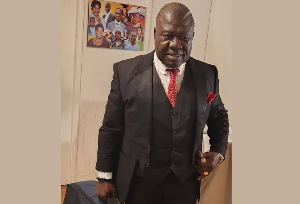The air is heavily charged with disturbing news for consumers of AES SONEL-supplied electricity.
Some press organs have already announced an increase in rates setting lots of confusion among consumers.
Authorities of the Electricity Regulatory Agency (ARSEL) say no such thing exist yet. They however say studies are going on to see how possible rates of high class consumers are readjusted. What is very certain already is the fact that low class consumers who pay the greater part of the “special portion” will continue to pay FCFA 50 for a kilowatt consumed.
Pending the decision that may emerge from the on-going studies at ARSEL, what is most worrying is the fact that ARSEL authorities have not rejected the idea of an increased in rates. In other words, it is simply a question of time. From the look of things, when the time comes, big consumers, notably industrialists will feel the pinch. But who says the effect will only remain at the level of industries?
In effect, an increase in the rate of electric energy entails an increase in the cost of production. And since businesses would not accept to operate at a loss, the whole burden is transferred to consumers. This means that even though such an increase touches large scale consumers, the down trodden are really the ones who will be paying for it.
That said, that a reflection should be ignited at ARSEL in the direction of stepping up electricity rates is a things of great surprise to many a Cameroonian. Ask any conscious Cameroonian today what the problem is with electricity and the answer will not be less than instant cuts, load shedding and connectivity problems. The estimated 1,000 megawatts of electricity supply managed essentially by AES Sonel remains far short of national demand. The real problem to tackle is to boost supply and satisfy demand.
The general cry in AES Sonel has been that installed equipment which they inherited from SONEL are old, dilapidated and ill adapted. If that is the problem or one of the main problems, why not concentrate on redressing the situation.
That at least, is the language Cameroonians want to hear today. An increase in rates will incidentally contradict government’s endeavour to fight poverty as clearly indicated in the Growth and Employment Strategy Paper.
Infos Business of Monday, 14 April 2014
Source: Cameroon Tribune












